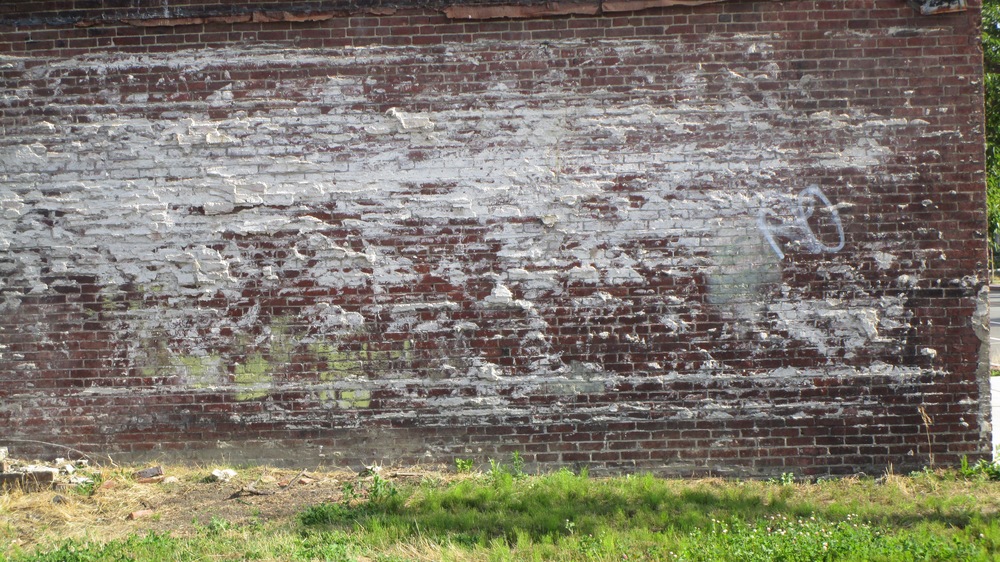by Noah Keates
Listen to this populist politician sticking it to the rich: “[T]hough they abuse their wealth in every possible method, they cannot, with the utmost efforts, exhaust it. While for us there is poverty at home, debts abroad; our present circumstance is bad, our prospects much worse.”
No, it’s not Bernie Sanders. It’s Lucius Sergius Catiline campaigning in the Roman consular election of 63 B.C.
 Cicero denounces Catline.
Cicero denounces Catline.
In politics, the more things change, the more they stay the same. Those running for office are always looking for what they think are weaknesses in their opponents, and that’s why we hear so much about Hillary Clinton’s e-mails, Donald Trump’s casino dealings, and so on. It was just the same in ancient Rome, right down to the sex scandal. Catiline himself was accused of an unholy dalliance with one of the Vestal Virgins.
But it’s also true that today’s politicians could learn a thing or two from the ancients.
For a start, there was far less passive-aggressive hypocrisy. In place of the snide pot shots we hear nowadays, such as Donald Trump criticizing Carly Fiorina’s facial appearance, we had Cicero, the great Roman orator, informing Catiline that he was “the root and seed of all evil” and that he intended to “rid the world of the disease of a man that he was.” Maybe this unadulterated directness would be healthy for our 2016 election; a taste of Roman-style banter would certainly spice up the current race.
Certain contenders have already warmed to the idea of resorting to Roman rhetoric, notably Ted Cruz who stood before the Senate recently and delivered nearly word-for-word one of Cicero’s most famous speeches against his rival Catiline, with slight pronoun modifications to instead attack our current president.
Will quoting of the great Roman orators improve the discourse of our current political arena? I doubt it. The great leaders of the Roman republic, such as Sulla, Cicero, and Caesar, felt a freedom to confidently speak their minds on all matters of the state. Political leaders led their followers through audacious and inspiring speeches that came from the heart.
Our modern-day candidates pale by comparison. Today it is the parties that mold the candidates, with each presidential contender desperately attempting to be perceived as the ideal Democrat or Republican. Perhaps in this respect Donald Trump has channeled at least some of the positive influences of Roman politicians simply in his boldness to say whatever he wants, however off the mark these comments tend to be.
This epidemic of modern politicians losing their personal identity to assume the identity of their party connects fairly directly to the problems plaguing our government today. It is certainly difficult to find national pride behind men and women who struggle to even piece together their own personal points of view. Where Rome was able to construct the greatest empire in history on the shoulders of individualistic men striving to pursue their own agenda, the success of the U.S. falls to 435 representatives, 100 senators, and one president each trying to navigate his or her way into the good graces of the party—not to mention the lobbyists. While a multi-continental empire may not be a healthy end goal for our nation, a bit of Roman directness and audacity from our politicians would certainly be a welcome change.
Noah Keates is a senior at Bancroft School, Worcester, Massachusetts. His interests are history and politics, especially concerning Europe, and he hopes to study political science in college.
Photo credit: ROMAN SENATE: CATILINE. – Cicero denounces Catiline (c108-62 B.C.) in the Senate. Line engraving, 19th century.. Fine Art. Encyclopædia Britannica ImageQuest. Web. 6 Jan 2016. http://quest.eb.com/search/140_1676740/1/140_1676740/cite


 Cicero denounces Catline.
Cicero denounces Catline.